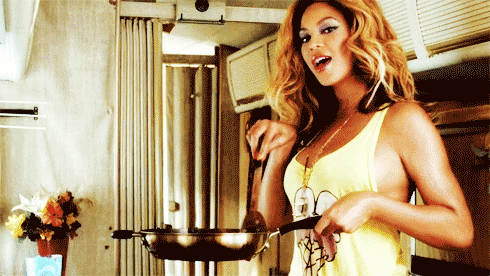
EVERYDAY
SEXISM
NO. IT'S NOT.
When we speak about sexism, we do not speak about sex but about the unequal treatment based on one’s sex.
The term sexism, just like racism, refers to discrimination that comes from stereotypes that say that a certain group of people has common attributes while ignoring the individuality of its members.
Sexism is a collection of prejudices, insults and stereotypes aimed at a person only based on his or her sex. It is based on the belief that one sex is superior to the other.
Sexist attitudes support inequity between men and women, resulting in discriminatory treatment, such as unequal procedures for hiring and promotions at jobs, but also more extreme displays, such as violence against women and men who defy the typical “male” behaviour.
Sexistic attitudes may be, e.g. based on a belief that all women belong in the kitchen, should be the one to leave her job if she has one to take care of kids and the household and thus, they don’t fit the management profile.

Alternatively, on a belief that all men should be strong, have large muscles, a huge car, and make a lot of money.

SEXISM AS POWER
One example shows sexism and power in a pub:
A man, a customer, is hitting on a waitress. You know the saying: “The customer is always right”? It’s not appropriate for the man to misuse this saying, and he can really hurt or disturb his waitress by asking for her number, trying to touch her, delaying her more than he would a waiter, or making lude jokes. She doesn’t have a choice but to be kind, indulgent, polite, accepting; it’s a part of her job.
The upshot? Just be polite.
A WOMAN IS NO ONE'S PROPERTY. PERIOD
WHAT CAN YOU DO?
Pay attention to displays of sexism in your surroundings and reject them, call them out. Try and rectify displays of sexism in your own behaviour – you may be doing it unconsciously. No, not all men are like that, neither are all women, even. It’s important to pay attention to what is expected of someone, and what they’re allowed to do. But all of us may contribute to un-normalizing sexism.
The point is that if you do not like some expectation, you may stand against it.

By not submitting to gender stereotypes without criticizing them, you help to create a better society where we all can coexist as people and not accept the division into “opposite” camps based on gender roles.
Do you know the Sexistický kix initiative that fights against sexism in advertisement?